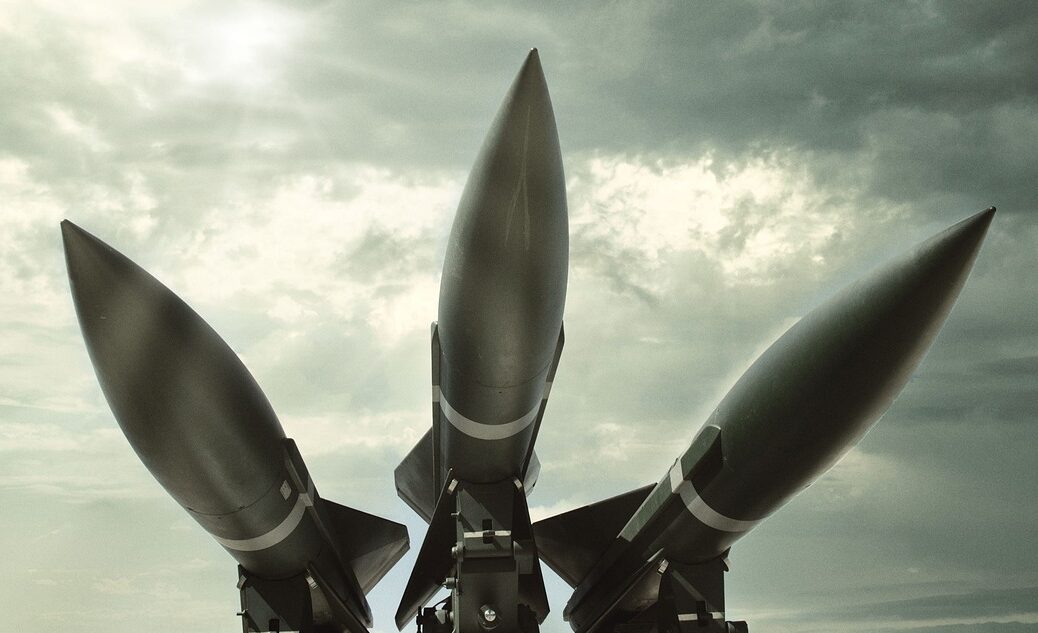
Representational photo.
Tehran/Islamabad/New Delhi: Amidst Pakistan’s “unreserved condemnation” of Iran’s missile attacks inside Pakistani territory yesterday, Iran finally conceded today that it targetted an Iranian terrorist group in Balochistan, Jaish ul-Adl, and justified the attack claiming it was acting “against the common security of the two countries”.
In a phone call from Davos to Pakistani foreign minister Jalil Abbas Jilani, who at present is in Kampala, his Irani counterpart Hossein Amirabdollahian stressed that Iran’s security was repeatedly threatened by this terrorist group from inside Pakistan and that it had repeatedly claimed responsibility for acts of terror in Iran. He said no Pakistani nationals were attacked in the operation.
Jilani, however, told Amirabdollahian that the missile attack was “not only a serious breach of Pakistan’s sovereignty but was also an egregious violation of international law and the spirit of bilateral relations between Pakistan and Iran”.
The Pakistani foreign minister today said his country “reserved the right to respond to this provocative act”.
The incident has caused serious damage to bilateral ties between the two countries at a time when both neighbouring countries were targeting to raise their mutual trade to $5 billion from the present $2.5 billion.
After the missile attack, in which Pakistan claimed two children were killed and three others injured, Islamabad recalled its ambassador to Iran and blocked the Iranian envoy from returning.
Amirabdollahian today told Jilani that Iran respects the sovereignty and territorial integrity of neighbouring Pakistan, which he described as a friend of Iran and a brotherly nation. He went on to say that Iran cares much about Pakistan’s sovereignty and territorial integrity. He described the continuation of dialogue, consensus and cooperation between the two sides on bilateral issues including terrorist groups as important.
Referring to the numerous conversations between the military and security officials of Iran and Pakistan, Amirabdollahian voiced hope that the exchanges of views were on the right track and continue toward stronger security cooperation.
Interestingly, Iran attacked the terror camp in Pakistan after Amirabdollahian met with caretaker Prime Minister of Pakistan Anwar ul Haq on the sidelines of the World Economic Forum in Davos, Switzerland.
Iran’s attack came as a surprise and further exposed Pakistan as a terrorist haven, but Haq had then told the Iranian foreign minister that Pakistan and Iran faced common challenges in the region. He also touched upon the recent terrorist attack in Kerman in Iran.
Today, while stressing that terrorism was a common threat to the region and required concerted and coordinated efforts to combat this menace, Pakistani Foreign Minister Jilani told his Iranian counterpart that unilateral actions could seriously undermine regional peace and stability. “No country in the region should tread this perilous path,” he said.
India, meanwhile, responded to Iran’s air strikes in Pakistan, stating the while it was a matter between Iran and Pakistan, insofar as India is concerned, New Delhi had “an uncompromising position of zero tolerance” towards terrorism. “We understand actions that countries take in their self defense,” the Indian Ministry of External Affairs stated.
– global bihari bureau





